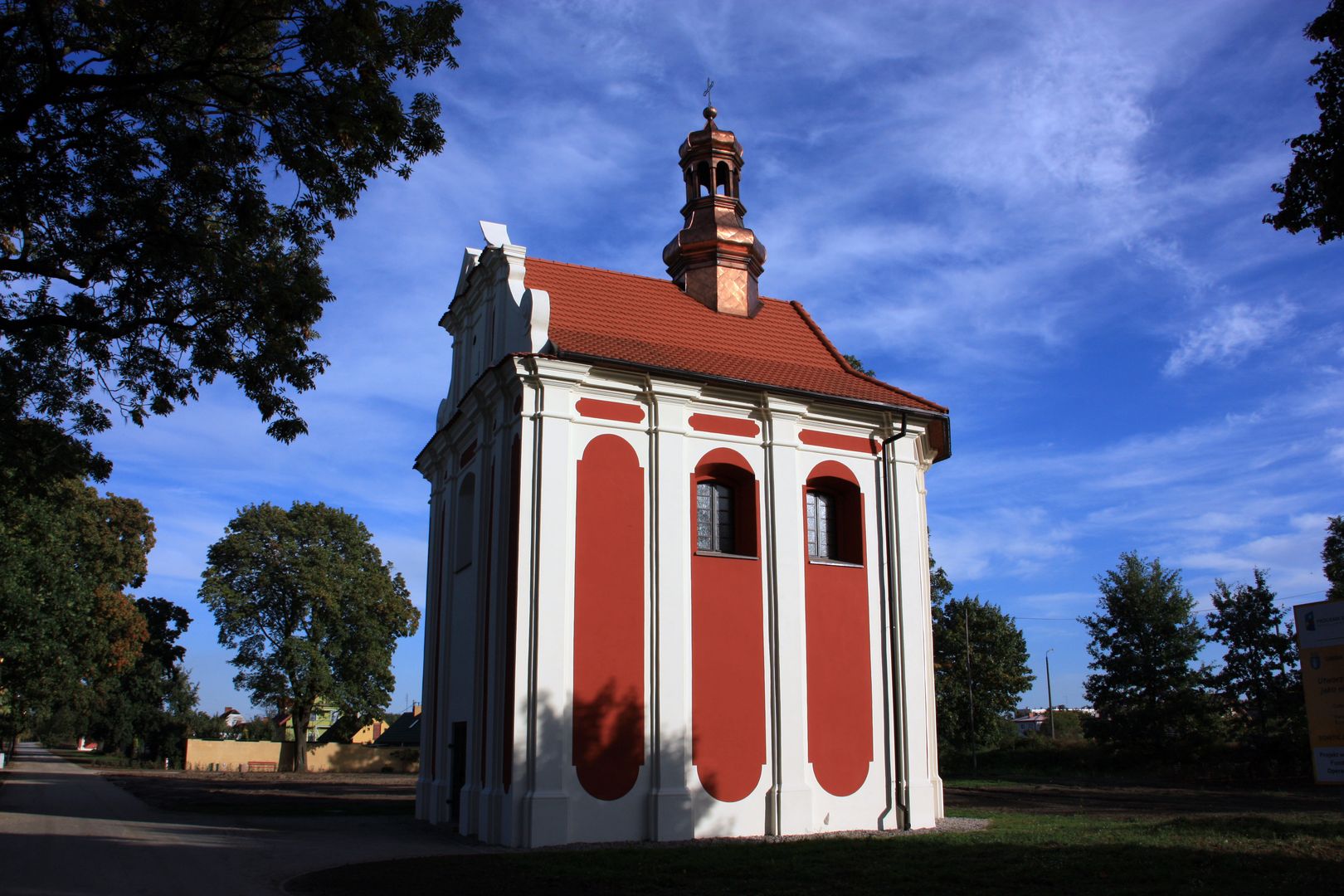Pakoszcz
6.88

Overview
Pakość is a town in Poland situated on the Noteć River in the Kuyavian-Pomeranian Voivodeship, known for its rich history and cultural significance. The town was granted municipal rights in 1359 and was a private noble town in the 16th century. Pakość is an important center of religious worship; a prominent site of devotion is the Kalwaria Pakoska, known as the Kuyavian Jerusalem, which is the second most important site of its kind in Poland, built in the 17th century with funding from the Działyński family. Architecturally, Pakość boasts a 16th-century urban layout and numerous historic monuments, such as the 17th-century calvary, the former Franciscan monastery complex, the town hall from 1907, and numerous townhouses in the Old Town. The surrounding area also features remnants of a palace-park complex and a neo-Gothic palace belonging to Baron von Rheinbaben. The town is surrounded by beautiful nature, with nearby water reservoirs and forest complexes, making it ideal for recreation. Pakość is also known for its tourism activities, including the Piast Route, and is recognized as an important point in water tourism. The town has faced many challenges throughout its history, including German occupation during World War II, which affected the lives of its residents and infrastructure. After the war, Pakość was rebuilt, and during the communist era, it became a center for the linen industry and trade. Today, Pakość has a developed road and railway infrastructure, as well as places for rest and recreation, and organizes cultural events such as the Days of Pakość. Currently, Pakość is home to various cultural institutions, including the Center for Culture and Tourism and a public library, while the local Franciscans actively promote cultural life. The town engages in international cooperation with Bladel in the Netherlands, demonstrating its openness to collaboration with other regions. With its rich historical and cultural heritage, Pakość plays an important role in the region and attracts both tourists and pilgrims from all over Poland.
Location
2026 Wizytor | All Rights Reserved